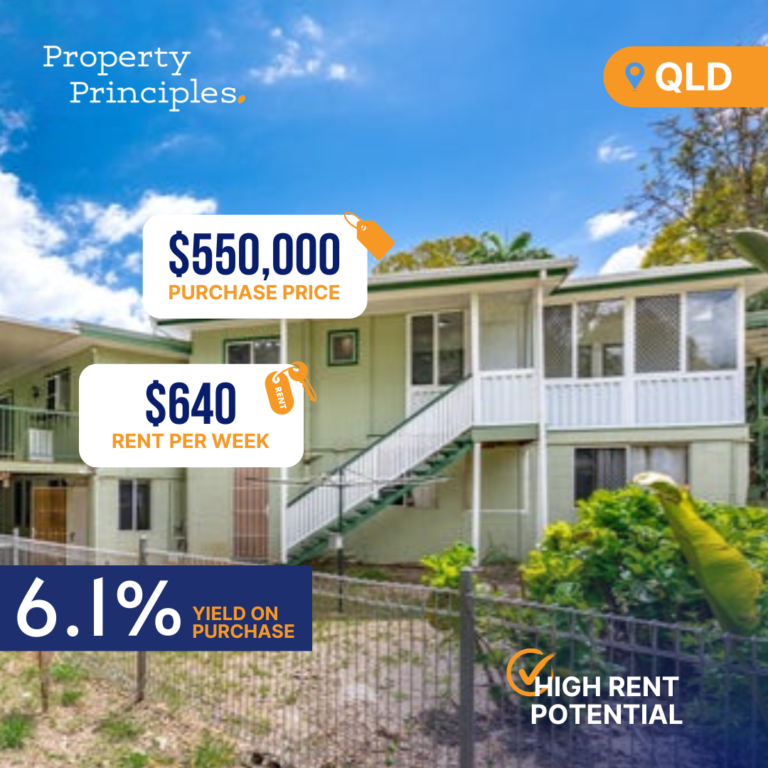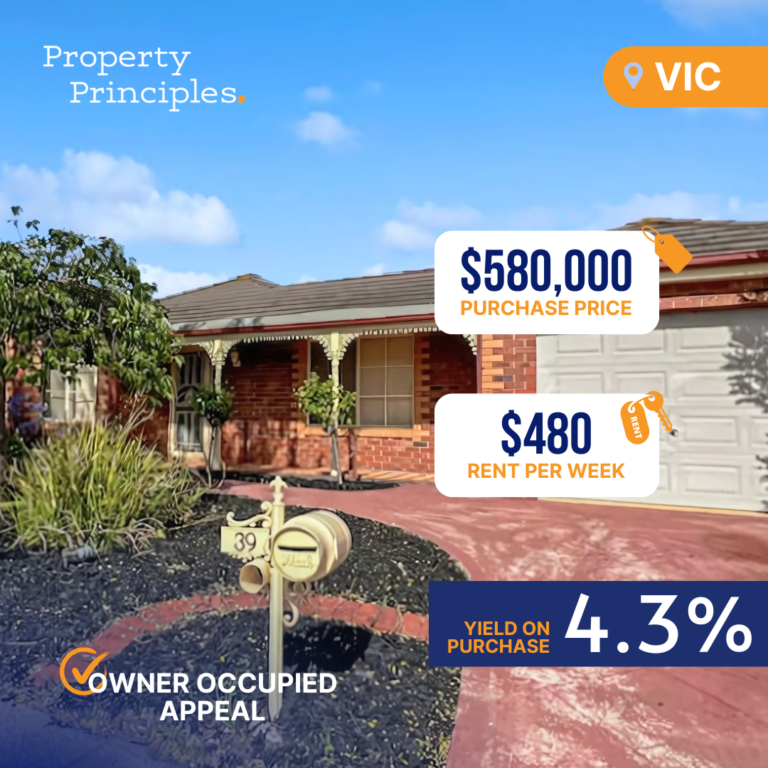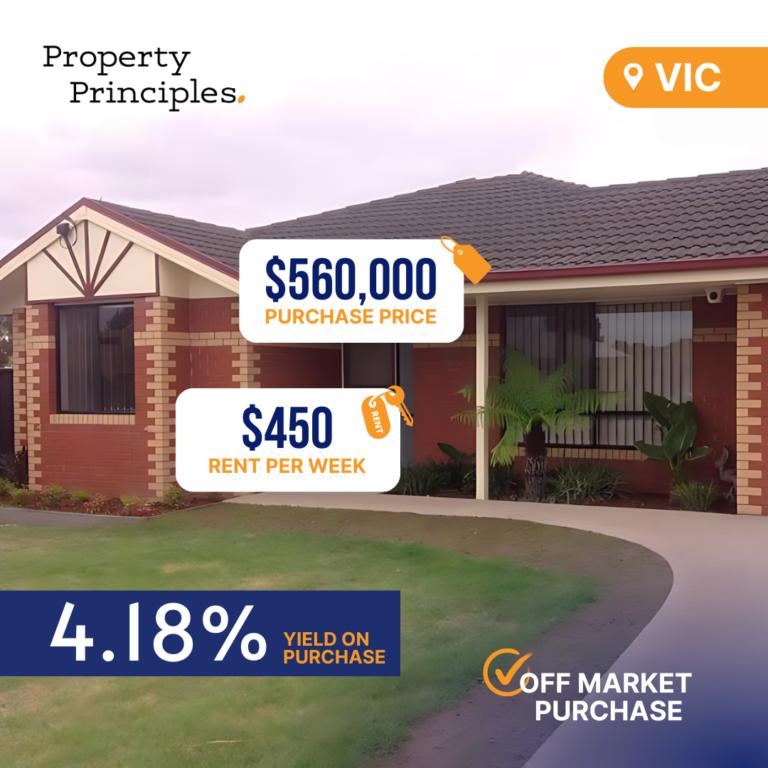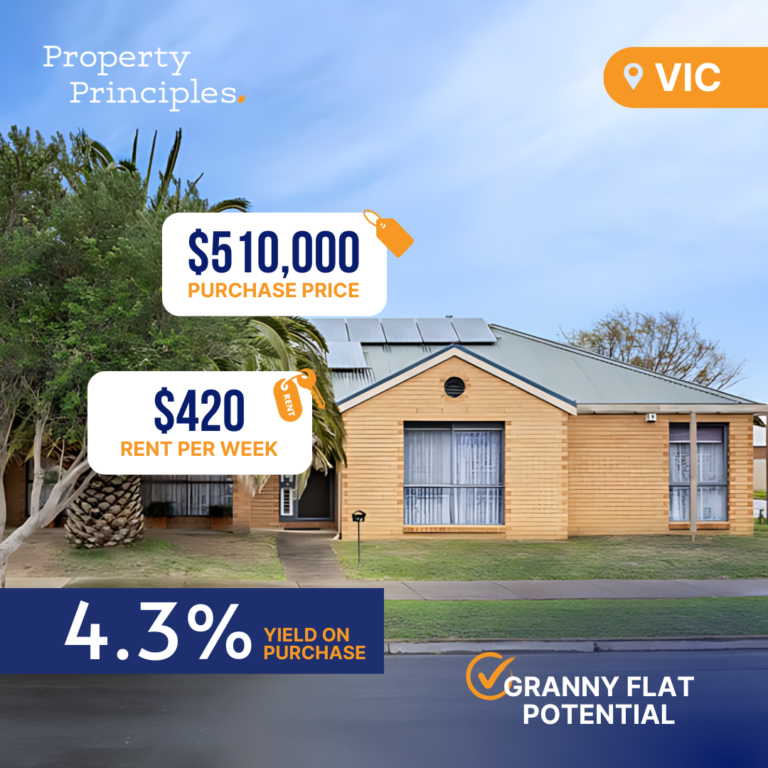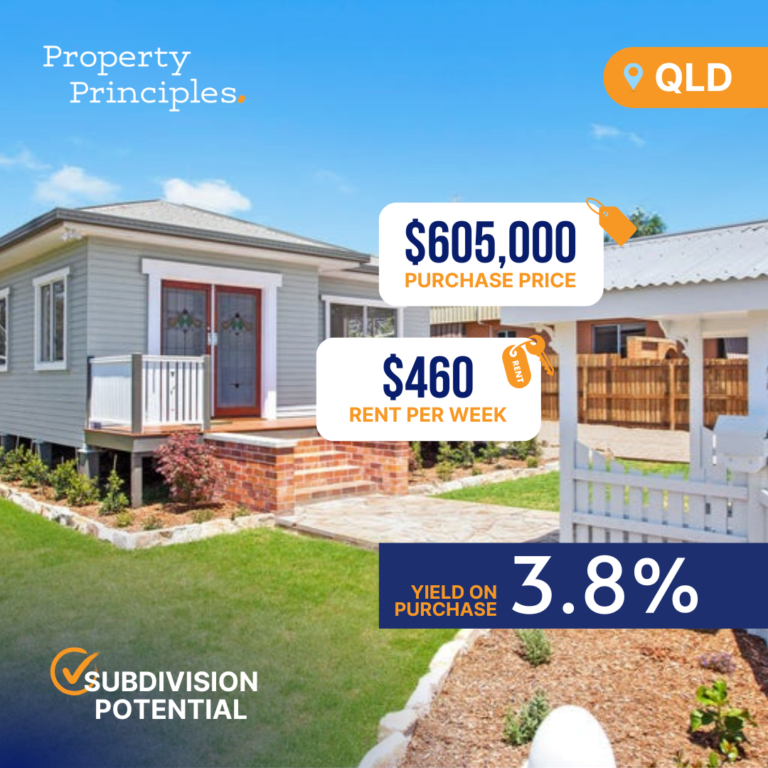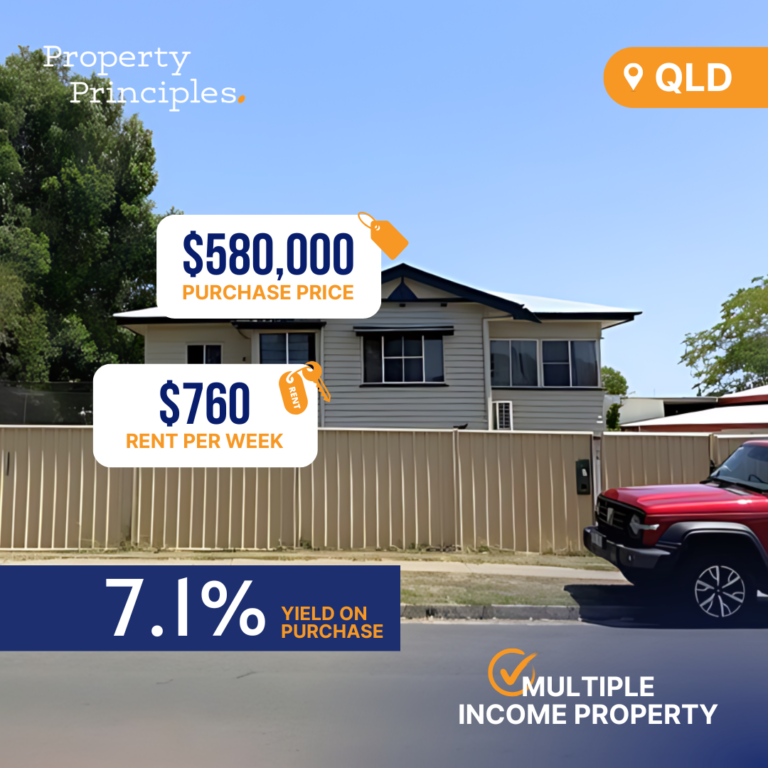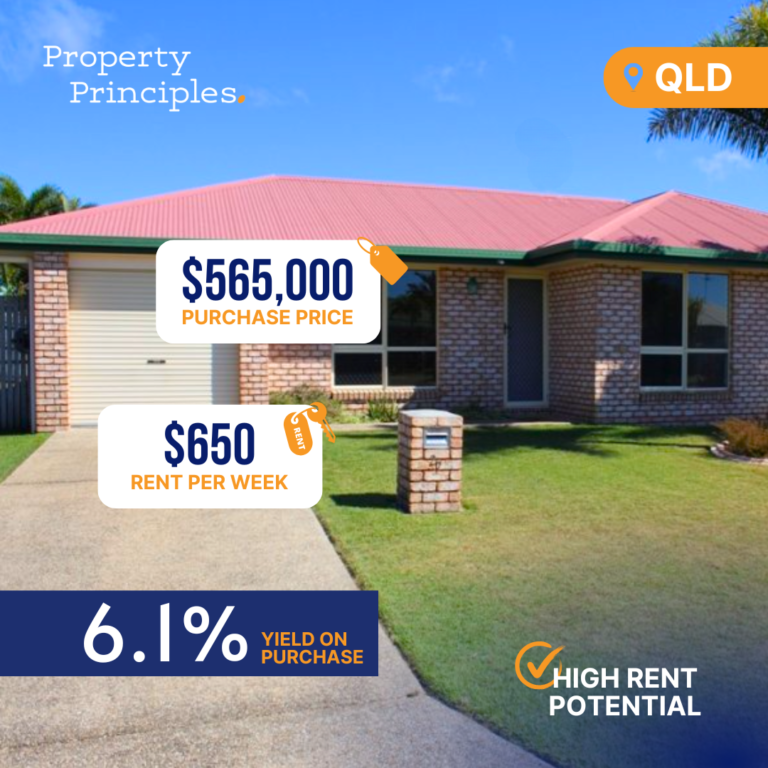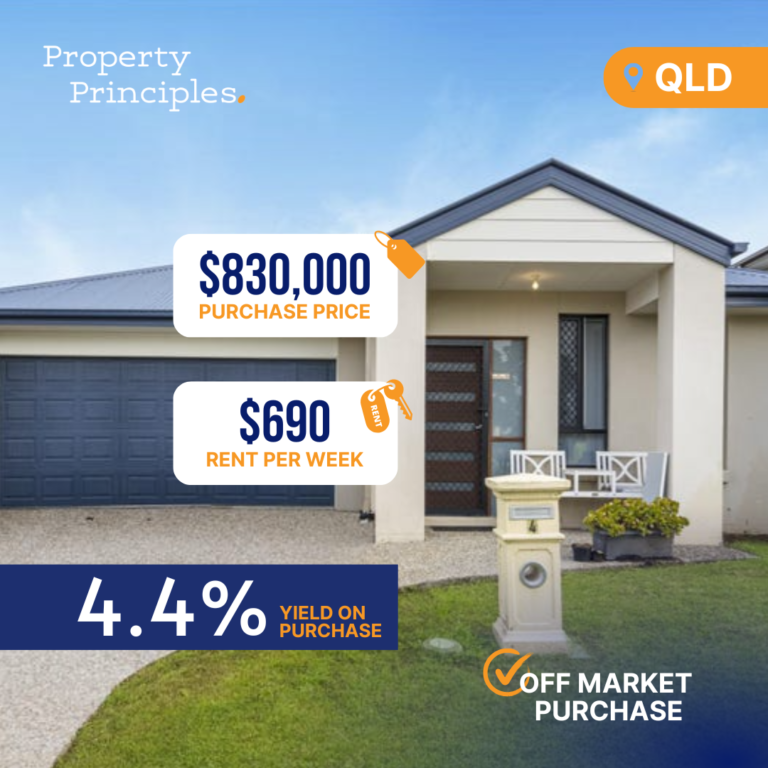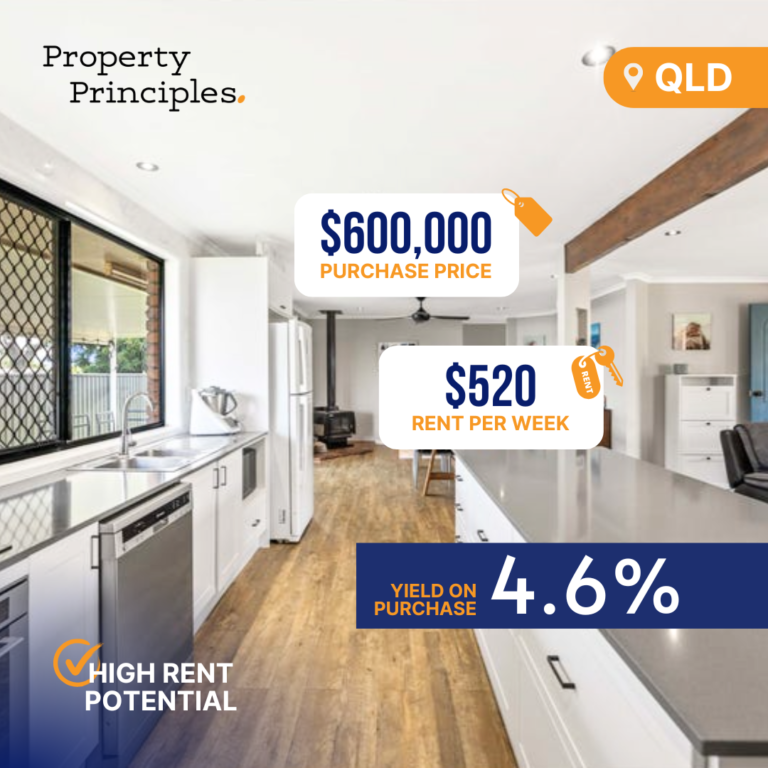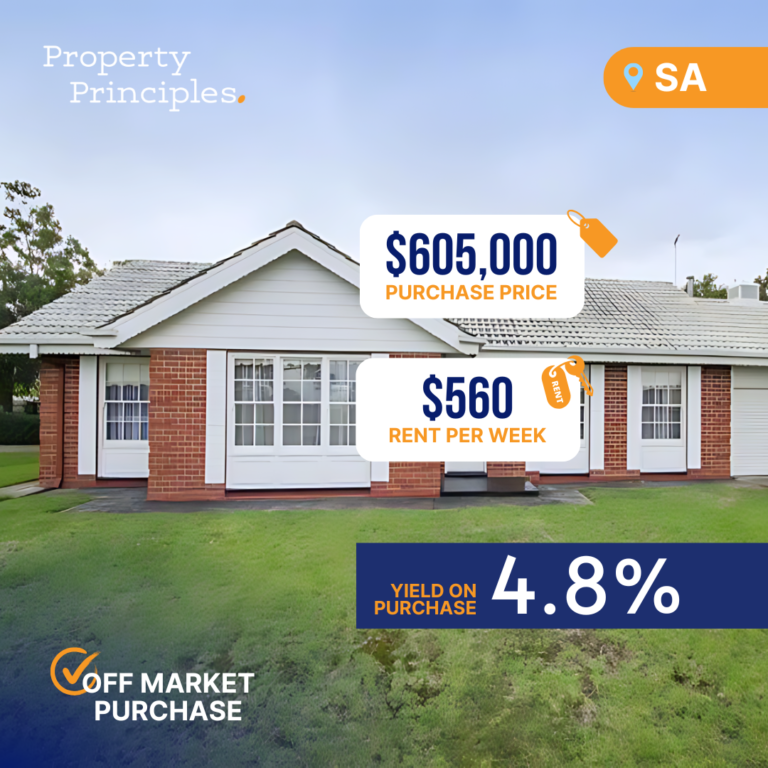Recent data from CoreLogic indicates a slight shift in the housing market, with Melbourne experiencing a 0.1% decrease in house prices so far in November. Early in the month, prices had unexpectedly risen by 0.5%, sparked by the Reserve Bank of Australia’s (RBA) 0.25% rate increase on Melbourne Cup Day. On the other hand, Sydney’s housing market has also experienced slowed growth, with prices only increasing by 0.2% over the initial 28 days of November after rising by 0.7% earlier in the month.
According to Eliza Owen from CoreLogic, higher housing stock levels in Melbourne compared to demand could result in negative growth for the full month. She states, “I think it’s quite possible that we could be reporting a negative figure for Melbourne by the end of the month because stock levels are running ahead of demand, so this market is a little oversupplied.”
Although Sydney’s market is losing momentum, it’s less likely to record negative monthly growth as housing values are still gradually increasing. Owen believes that a buyer’s market is emerging in both Sydney and Melbourne as conditions ease due to increased buyer leverage and limited borrowing in a high-interest-rate environment.
New listings have seen rapid growth in both cities over the last five months, and sales volume hasn’t kept pace with the rate at which fresh listings have entered the market. This left total stock levels in Sydney on par with their historic five-year average and 7.6% higher than the average in Melbourne.
In contrast to other Australian capitals, both Sydney and Melbourne have seen a rise in new listings and total listings over the past year. Auction clearance rates have also notably dropped in both cities.
Stephen Koukoulas, one of the few economists who accurately predicted the housing price rebound, has turned bearish on housing prices in Sydney and Melbourne following the recent rate hike from the RBA. He suggests that this increase might be the straw that breaks the camel’s back, leading to detrimental effects on the housing market.
According to Koukoulas, the previously acute stock shortage is not as significant an issue now, with listings likely to increase further as homeowners feel the pressure of repaying a large mortgage. While demand remains present from the initial jump in population growth, it’s beginning to moderate as the labor market weakens and unemployment rises. He predicts a drop of between 3% and 5% in Sydney and Melbourne house prices.
If this housing market trend occurs, it could potentially lessen the likelihood of a follow-up rate hike in December or February. The RBA’s recent rate increase may have instigated an early house price correction in Sydney and Melbourne, creating an interesting shift in Australia’s two largest cities.


